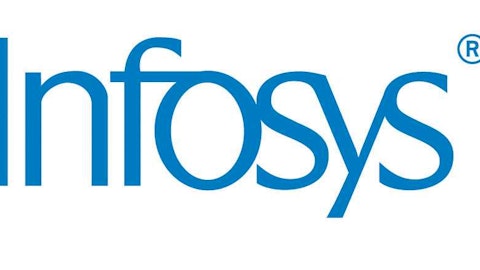A recent comment on another story recently offered me some sound advice in looking at cloud companies:
“All cloud companies are software companies, but not all software companies are in the cloud.”
The intent of cloud designers is to abstract as much of computing’s complexity as possible to software, and then run that software on commodity hardware. Virtualization is one step, allowing a computer to run programs on multiple operating systems. Distributing computing is the next step, allowing jobs to be passed around as many computers as needed to get them done in parallel.
The result should be a cloud infrastructure that enables a new form of computing, one that can be scaled instantly to the job at hand, and that can run on any hardware. This is followed by creation of a platform, a set of tools needed to build the real goal of the cloud, applications.

Google was the first cloud application. Many of the techniques resulting in the cloud were pioneered by Google, in its race to keep its costs as low as possible. But Facebook is also a cloud application. So is Yahoo. So is Amazon.Com.
The question for investors, now that the hype of the cloud has passed, is how do we identify those companies that are long term winners in the cloud, and put money to work in them as they fall to Earth?
VMW: Betting on the Jockey
VMware, Inc. (NYSE:VMW) has had the proto-cloud software lead for years with its vSphere virtualization system. The vSphere system is the leading hypervisor on the market, and a hypervisor is the software tool you need for virtualization.
So it is that VMware, Inc. (NYSE:VMW), which is 80% owned by EMC Corporation (NYSE:EMC), a hardware company selling data storage units to cloud providers, had the early lead in cloud, and a big place in the cloud hype cycle.
But VMware stock has been a victim of the hype cycle it helped create. It peaked at nearly $115/share last summer, and fell hard on a January earnings miss. It’s currently trading at a little over $75/share.
Should you play VMW?
Well, the key point to know here is that with VMware, you’re betting on a jockey. Specifically, you’re betting on Paul Maritz. Maritz, a former Microsoft executive, led VMware, Inc. (NYSE:VMW) as a partial spin-off, but he’s no longer the man in charge. That’s Pat Gelsinger, a former Intel executive.
Maritz has moved to parent EMC Corporation (NYSE:EMC) as chief strategy officer, where he is heading something called The Pivotal Initiative. This combines assets from both VMware and EMC Corporation (NYSE:EMC), into some new organization.
That organization was announced last month. It will be 69% owned by EMC, 31% owned by VMware, and focus on the big data opportunity, using tools that mainly come from VMware, and cash from EMC. Maritz will head it up.
All of which tells me that, if you like the concepts behind this launch, you want to be in EMC. You’ll get more shares in the new company, and can transition to it by selling your EMC stock after the spin-off.
VMware is going to be left as it is, a profitable virtualization company milking its niche. It will have a 31% share in a real cloud software company, but why pay a premium for that when you can get EMC shares for half that price?
Even if you’re in VMware, Inc. (NYSE:VMW) now, it makes sense to sell out your position and move over to EMC as soon as you can. The Pivotal Initiative is going to be the company’s cloud software play, and that’s where you want to be. If you’re betting on Maritz as a long-term cloud leader, and he’s been a good jockey so far, that seems like the play.
Citrix: Do the Pieces Fit?
Citrix Systems, Inc. (NASDAQ:CTXS) did not start out to be a cloud company. It’s best known for PC access products, like the heavily advertised GoToMeeting and GoToMyPC.


